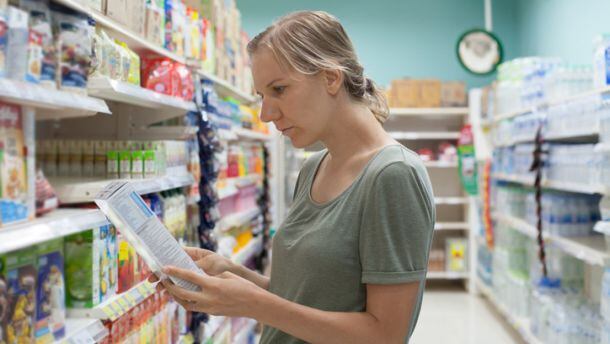In comments filed with the USDA on its proposed rule laying out a national bioengineered food standard, the GMA urged the agency to include refined ingredients in its 'bioengineered' definition, even if they contain no detectable modified DNA, or face charges of ‘hiding’ information from shoppers.
Echoing comments made by two of its departing members (Hershey and Unilever), the GMA said excluding refined ingredients from the scope of the mandatory disclosure standard would result in around 78% fewer products being disclosed under the federal law, making something of a mockery of the exercise.
“GMA does not expect that consumers will understand or believe the concept that an ingredient starting from a bioengineered ear of corn is not bioengineered after it has been refined… Not including refined ingredients in the definition of bioengineered food will undermine the intent of the Act.
“It will confuse consumers, erode trust in brands and the technology and encourage further polarizing activism about what is perceived to be information ‘hidden’ by brands, the food industry, institutions and policy makers.”
It added: “Consumer interest in bioengineered food is based on the desire to understand how a crop or ingredient was grown.”

"The national bioengineered food disclosure standard is a marketing standard and not a safety standard. As such, our support for mandatory disclosure of refined ingredients is grounded in our industry’s commitment to transparency and to building consumer trust in the use of bioengineered ingredients and foods.
"It would also be more practical for manufacturers to comply with a standard based on the realities of the current U.S. agricultural supply chain rather than one based on testing."
Thresholds
The final rule should also establish a threshold of 0.9% by weight of bioengineered ingredients intentionally added in a finished food product, which “would be compatible with voluntary certification standards in the US that make similar de minimis allowances for products that are described as non-GMO,” added the GMA.
“In addition, the inherent nature of agricultural production and the shared use of storage facilities, transportation and production equipment in the supply chain make it necessary to establish a 5% threshold for the unintentional presence of bioengineered substances in any one product ingredient.”
Wording and logos
While ex-GMA members Unilever and Hershey expressed strong reservations about the word ‘bioengineered,' with which most consumers are not familiar, the GMA does not object to the term.
The timetable for federal GMO labeling
On the issue of compliance dates, the GMA urged USDA to establish a compliance date of two years after the effective date of the final rule, but also argued that companies should be allowed to exhaust existing label inventory until two years after the compliance date – ie. four years after the rule is finalized.
USDA was originally charged with publishing its final rule on GMO labeling by July 29, 2018, a deadline it will be unable to meet. It has not given a specific date for publication, but agriculture secretary Sonny Perdue recently said he hoped a final rule would be published “later this year.”
- To see all the comments submitted on USDA’s proposed rule (the comment period ends today), click HERE.
- To read the proposed rule, click HERE.
- The Non-GMO Project may emerge as the big winner from federal GMO labeling legislation
